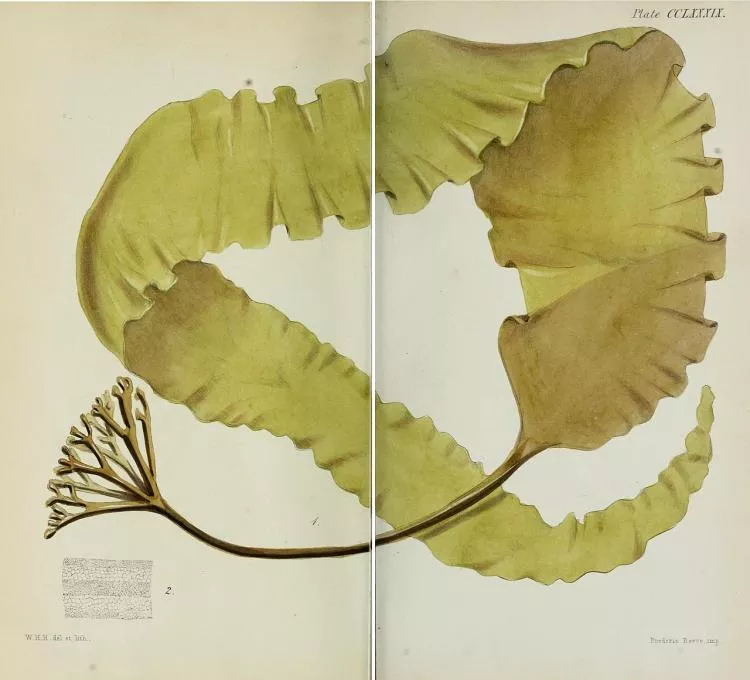Can seaweed replace plastic?
A London-based startup is designing a seaweed-based replacement for single-use plastic packaging.
More and more alternatives to plastics are being proposed these days, as the world wakes up to the immense “longevity” of single-use plastics.
One of these alternatives—seaweed—is the focus of Notpla, a London-based startup that has developed packaging that is designed to be composted, dissolved or consumed after use.
The decision to use seaweed was made after considering that it was abundant, grew fast, sequestered carbon from the air and did not require pesticides.
“It [seaweed] can grow into the ocean and the sea, where it actually has a lot of positive benefits so it can create new ecosystems for other organisms to thrive in,” said design director Karlijn Sibbel.
Satchets and film wrap
Notpla is currently used as sachets for condiments, water and alcohol, takeaway boxes and as a film wrap. One of its offerings, the Ooho sachet, holds single servings of liquids. In 2019, 36,000 Oohos containing the energy drink Lucozade Sport were distributed during the London Marathon.
The company have also experimented with adding flavours into the packaging, so users can simply dissolve the packaging to add flavouring to the dish.
“You can cook with it. And you can really start to rethink what we can do with these materials,” she added.

Referring to its film wrap, Sibbel said that it can replace most of the flexible packaging currently available. Besides containing dry goods or wet goods with low water content, it can potentially hold coffee grounds, toilet paper or screws.
In addition, the fibres that are left over from creating Notpla products are made into paper that is used to make gift wraps and clothes tags.
The company has been awarded grants from the British government agency Innovate UK as well as the Ellen MacArthur Foundation. It continues to experiment and look for new products and designs. As it continues to scale up, it acknowledges the enormity of the plastics problem.
"I don't think one material (or) one solution is going to solve everything, but we think that seaweed really ticks the right boxes."
Sibbel hoped that manufacturers would start to question examine why they used plastics in the first place, citing the example of food companies having to punch holes in the plastic packaging used to package perishables like tomatoes.
"Plastic can do a lot of things. But it's about asking, "Is it really necessary for this application?" she said.


























